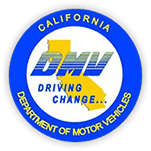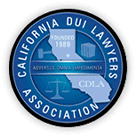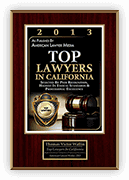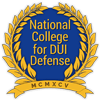When law enforcement officers suspect that a driver may be under the influence or alcohol or drugs, they will typically ask the driver to perform a series of fiend sobriety tests. In Riverside, California, and many jurisdictions throughout the United States, agencies commonly use what is known as the Standardized Field Sobriety Test (SFST). The Standardized Field Sobriety Test was developed by the National Highway Traffic Safety Administration (NHTSA) – a subsidiary of the U.S. Department of Transportation – to provide officers with diagnostic tools with which to measure and determine a driver’s level of impairment.
Field sobriety tests enable an officer to asses a driver’s physical and mental abilities when performing various tasks. The tests include the horizontal gaze nystagmus(HGN), the walk and turn test (WAT), and the one leg stand (OLS) test. In some cases, officers may also require drivers to perform other various tests.
The largest problem that arises with field sobriety tests is that they are only screening tools that detect perceived impairment. Many have argued that the tests are prone to error and inaccuracy and that they can be complicated by a number of factors. A person’s physical condition, for example, may affect their ability to perform a test such as the walk and turn or the one leg stand. Weather conditions may also play a role in affecting the results of these tests. Should officers and prosecutors use the negative results of a field sobriety test against a driver during their case, a skilled DUI attorney can focus on these potential possibilities to negate the accuracy of the test results.
In any situation, field sobriety tests are not required by law. Drivers do have the right to refuse a field sobriety test. This does not mean, however, that drivers should refuse to submit to a chemical test by breath or blood. In fact, refusing to take a breath or blood test can subject drivers to automatic license suspensions and other potentially negative consequences during a criminal trial. It is generally not advised for a driver to refuse a chemical test, as California’s implied consent law imposes automatic and severe penalties, against those who do.
If you, a loved one, or someone you care about has recently been arrested and charged with driving under the influence, it is imperative that you work with an experienced Riverside DUI lawyer who has the ability to challenge the evidence in your case, including the results of a field sobriety test. Equipped with decades of criminal and DUI defense experience, Attorney Scott Henry knows precisely how to challenge these elements of a DUI and how to effectively fight on behalf of clients. Learn more about field sobriety tests or your particular case by contacting The Law Offices of Scott Henry today.










